Charles Watkinson
Posts tagged with Survey in Blog Tiny Studies
Showing 11 - 20 of 26 items
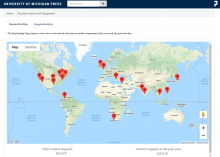
Between March 20 and August 31, 2020, the University of Michigan Press made all the titles in the Library-hosted ebook collection, UMP EBC, free-to-read. During this period, U-M Press staff gathered use data in the hope of assessing the impact of free-to-read content while informing the future business strategy. Three different assessment efforts are described in this post.
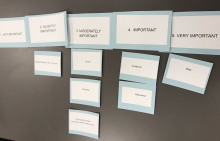
Source evaluation is an important skill in our information landscape, which is why librarians teach this concept to students during course-integrated information literacy sessions. As part of an IMLS grant, our research team is conducting a two part study to understand the impact of library instruction on students’ evaluation of sources. In this post, we discuss the use of a questionnaire and role-playing interviews to learn more about students’ confidence in their evaluation abilities.
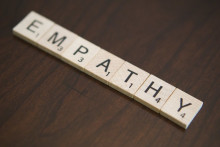
How does one get valid data without traumatizing or alienating students and faculty in a trying time? According to this author, by taking an empathetic approach to planning and implementing an assessment project, you can minimize negative impacts to your community.
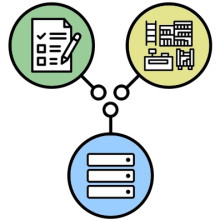
This blog post presents how the use of multiple streams of data benefited two recent U-M Library studies. For example, one recent study merged survey data, U-M human resources data, and Library document delivery data to provide a very rich picture of how diverse groups on campus use and experience the Library’s document delivery service. Some advantages of joining multiple data sources in assessment projects are discussed in the context of the two example studies.

A project team charged with providing staff training activities approached the project assessment with an iterative design lens, allowing for responsive and timely development of multiple opportunities for staff engagement around organizational and personal change. The team tried out different assessment techniques related to the opportunities offered.

Assessment and research activities focused on the U-M Library faculty, staff, and student experiences are happening regularly, and often the Library Human Resources (LHR) team is contributing to these activities if not leading the research. This work can focus on quantitative data, qualitative data, or take a hybrid approach, and can involve surveys, interviews, and/or some general number-crunching. This post looks over some recent HR assessment projects.
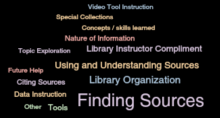
Assessing library impact on student learning is essential for demonstrating libraries’ integrated value and commitment to higher education. In 2018 the author investigated faculty perceptions of student learning in library instruction sessions, and as a result, revealed that faculty observe enhanced learning when their students participate in library instruction opportunities.

Continuing the discussion about survey design (see Let's Talk about Surveys, Part 1), you’ve decided a survey is an appropriate methodology for what you want to find out and are thinking about what questions you want to ask. But how you ask these questions and structure them within the survey itself, as well as the question formats and options you give people for responding all require careful consideration.

Doing a survey is often the default research method thought of when you need to answer questions about what people like, expect, or want, among other things. While surveys are likely to be considered the easiest option, you can’t conflate “easy to create” with “easy to create well.” Even if a survey is an appropriate methodology for the question you’re looking to answer, the questions you ask, the way you ask them, and the options you give people for responding all require a thoughtful approach.
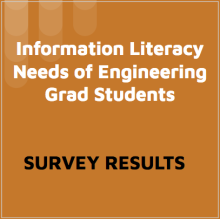
In this study, engineering librarians Leena Lalwani, Jamie Niehof, and Paul Grochowski sought to learn from graduate students in the College of Engineering (CoE) how these students could benefit from more instruction on U-M Library resources.